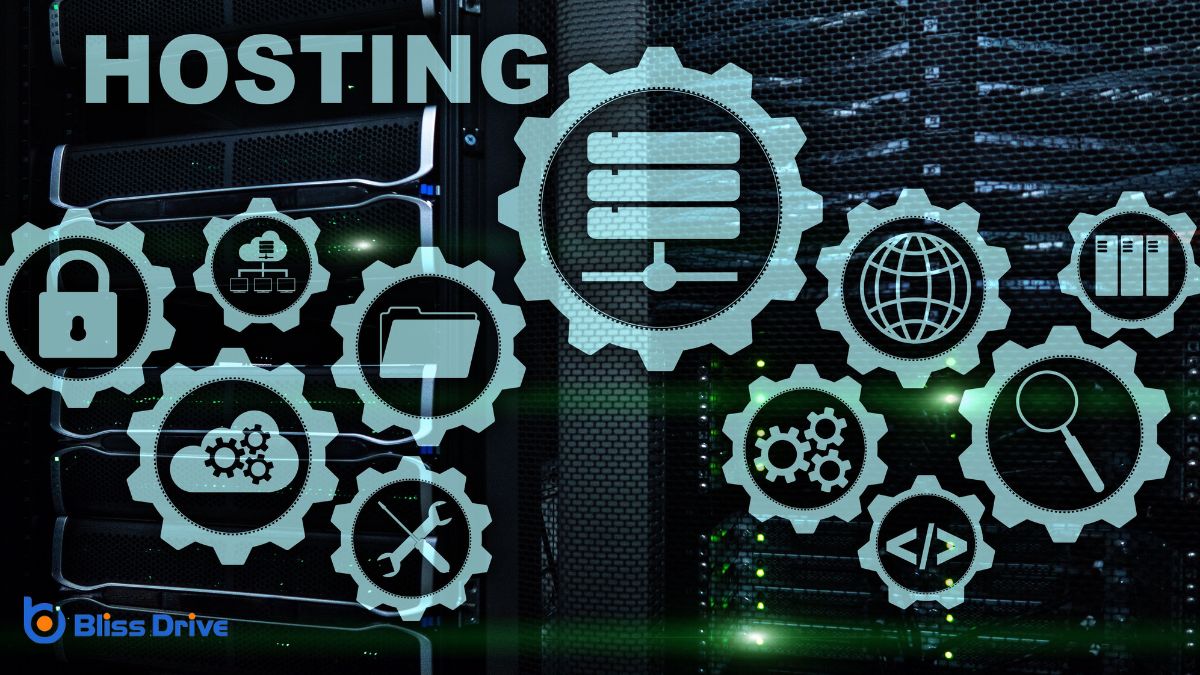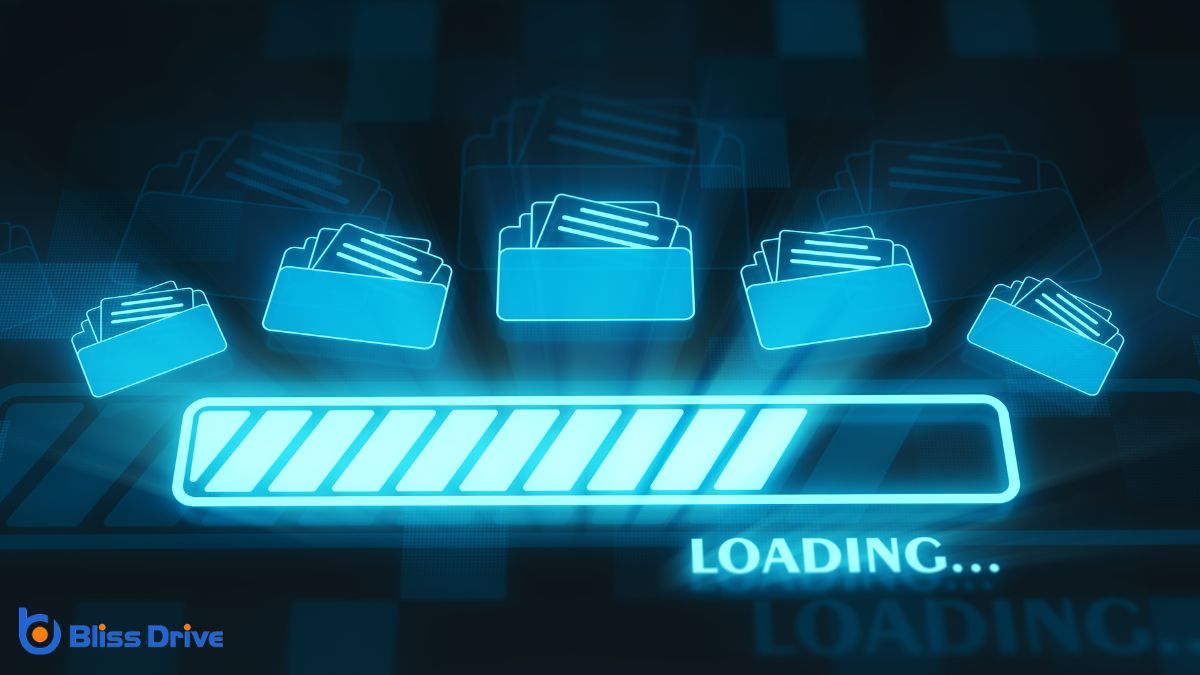Digital Marketing Services
Learn More About Us

You're probably wondering why your website isn't running as quickly as you'd like. Several factors might be at play, from poor server performance to large image files slowing things down. Maybe you're using too many plugins, or the code isn't as efficient as it could be. Hosting issues and bandwidth limitations can add to the frustration. But don't worry; there's more to uncover about optimizing your website for speed and efficiency.

When your website loads slowly, server performance and hosting issues often play a significant role. You mightn't realize it, but the server's speed directly impacts how fast users can access your site.
If your hosting provider isn’t delivering ideal performance, your site’s speed suffers. Shared hosting plans can be particularly problematic, as resources are divided among multiple users, leading to congestion and delays.
It’s essential to assess your hosting package to confirm it meets your site's demands. Regular server maintenance, including updates and performance checks, can prevent bottlenecks.
Consider upgrading to a VPS or dedicated server for improved reliability. Understanding these elements will help you make informed decisions, enhancing your site's performance and user experience.
Although often overlooked, large image files and unoptimized media can severely hinder your website's loading speed. When images are too large or not properly compressed, they take longer to load, causing delays for your visitors.
You might think high-resolution images are essential, but balancing quality and file size is vital. Start by compressing images without sacrificing quality. Use formats like JPEG for photos and PNG for graphics with fewer colors.
Also, consider lazy loading, which only loads images when they're visible on the screen. This way, initial page load times improve dramatically.
Don't forget to optimize videos and other media too. Convert video formats, reduce resolutions, and use streaming services when possible.
With these adjustments, you'll greatly enhance your site's performance and user experience.
Despite the allure of adding features and functionality to your website, excessive use of plugins and scripts can drastically slow down its speed. Each plugin and script adds extra code that your site has to load, increasing loading times. You might think more plugins equal better performance, but often, they do the opposite. Each plugin consumes resources, and too many can overwhelm your server.
Additionally, some plugins may not be optimized, causing conflicts or unnecessary bloat. This can lead to longer loading times and a poor user experience.
To improve speed, prioritize essential plugins and regularly review their performance. Consider combining scripts where possible and keep them updated. By doing so, you’ll maintain functionality without sacrificing speed, keeping users satisfied.
When your website's code isn't efficient, it can seriously drag down your site's speed.
Avoid overloading your CSS with excessive selectors and relying too much on inline styles, as these can complicate and slow down rendering.
To guarantee your website runs smoothly, it’s crucial to address inefficient code practices, including poorly written code and CSS. When code is tangled and verbose, it bogs down your site's performance.
You might think adding extra lines makes code robust, but it often does the opposite. Streamlined code guarantees quicker load times and improves user experience.
Pay attention to CSS, as well. Overly complicated stylesheets can confuse browsers, leading to longer rendering times.
Simplify your styles by removing redundant rules and organizing them logically. Use tools like linters or pre-processors to catch inefficiencies early.
Even though CSS selectors are essential for styling web pages, using too many or overly complex ones can greatly slow down your site. When your browser processes CSS, it evaluates selectors from right to left, matching elements in the DOM. Complex selectors increase this workload, causing slower rendering times.
Simplifying your selectors where possible can boost performance greatly. You might think more selectors mean better styling control, but they can lead to bloated and inefficient stylesheets. Always opt for simpler, more specific selectors that do the job without over-complicating things.
Consider reducing descendant selectors and avoid unnecessary nesting. By streamlining your CSS, you’ll not only improve load times but also enhance readability, making future maintenance easier for you or your team.
Although inline styles might seem like a quick and easy way to apply CSS directly to elements, they can greatly hinder your website's performance. When you use inline styles excessively, you increase the size of your HTML files, making them load slower. Each inline style has to be processed individually, which can bog down your page's rendering speed.
This approach also makes maintenance a nightmare. If you need to change a style, you have to update every instance manually. Instead, use external CSS files. They keep your HTML clean and allow your browser to cache the styles, speeding up load times.
When you're maneuvering through the complexities of website optimization, understanding the role of caching and Content Delivery Networks (CDNs) is essential.
Caching temporarily stores website data, reducing the time needed to load pages for returning visitors. If you don't implement caching, your server must retrieve information from scratch every time, slowing everything down.
CDNs, on the other hand, distribute your content across a network of global servers. This means that users access your site from the nearest server, greatly speeding up load times. Without a CDN, all traffic is directed to your primary server, which can cause delays.

Beyond leveraging caching and CDNs, it's important to contemplate how high traffic and bandwidth limitations can affect your website's speed.
When too many users try to access your site simultaneously, your server can become overwhelmed, causing slow load times. It's like trying to squeeze too many cars through a single-lane tunnel; congestion is inevitable.
Bandwidth limitations further compound this issue. If your hosting plan doesn't offerThe specific product or service being promoted by affiliates. enough bandwidth, your site will struggle to deliver content quickly, leading to frustrated visitors who might abandon your site altogether.
To mitigate these issues, consider upgrading your hosting plan to accommodate more traffic or exploring scalable cloud hosting options.
Regularly monitoring traffic patterns helps you anticipate peak times, ensuring your site remains responsive and efficient.
You've learned that slow website speed stems from various factors. Server performance and hosting issues can greatly impact load times. Large images and unoptimized media bog things down, while excessive plugins and scripts add to the problem. Poorly written code and CSS don't help either. Without caching and CDNs, accessing data is slower, and high traffic with bandwidth limits can overwhelm your server. By tackling these issues head-on, you can drastically improve your website's speed.
